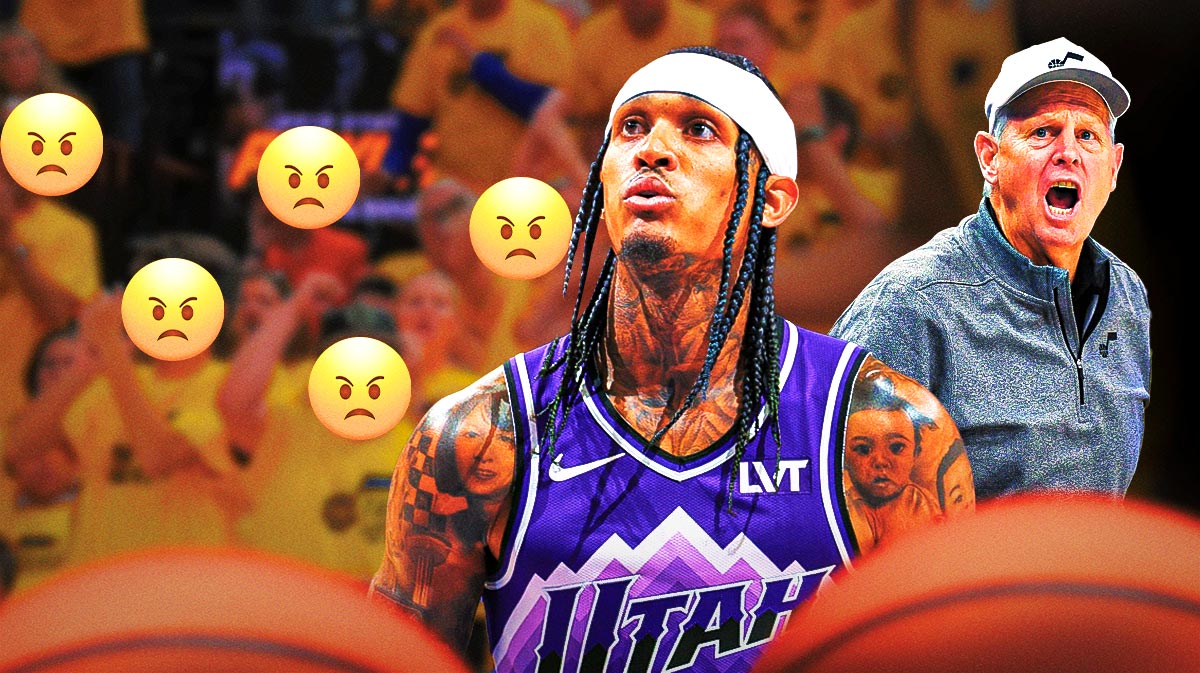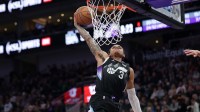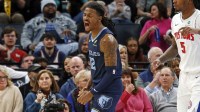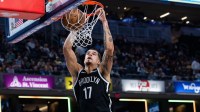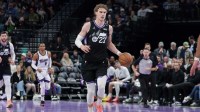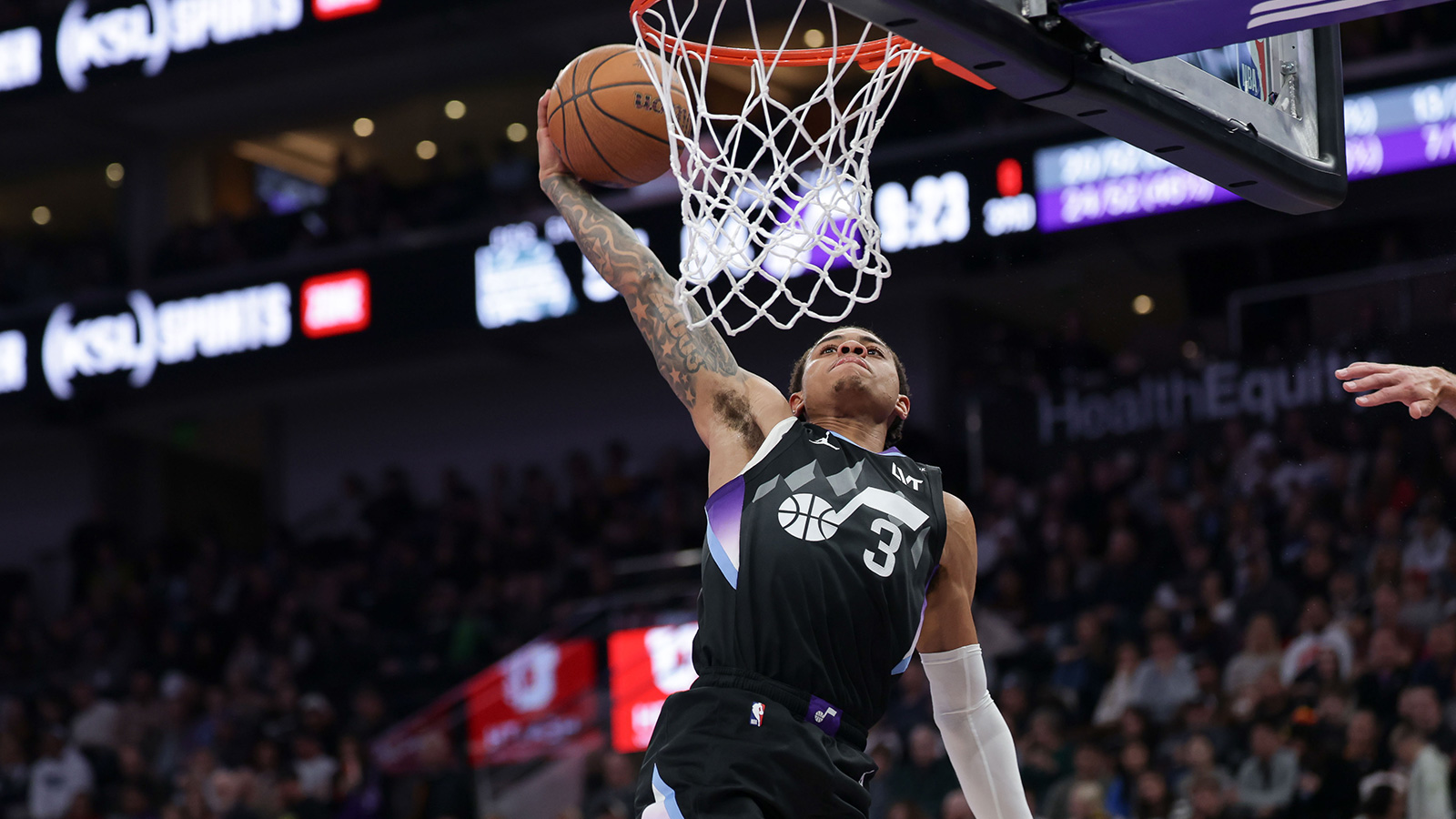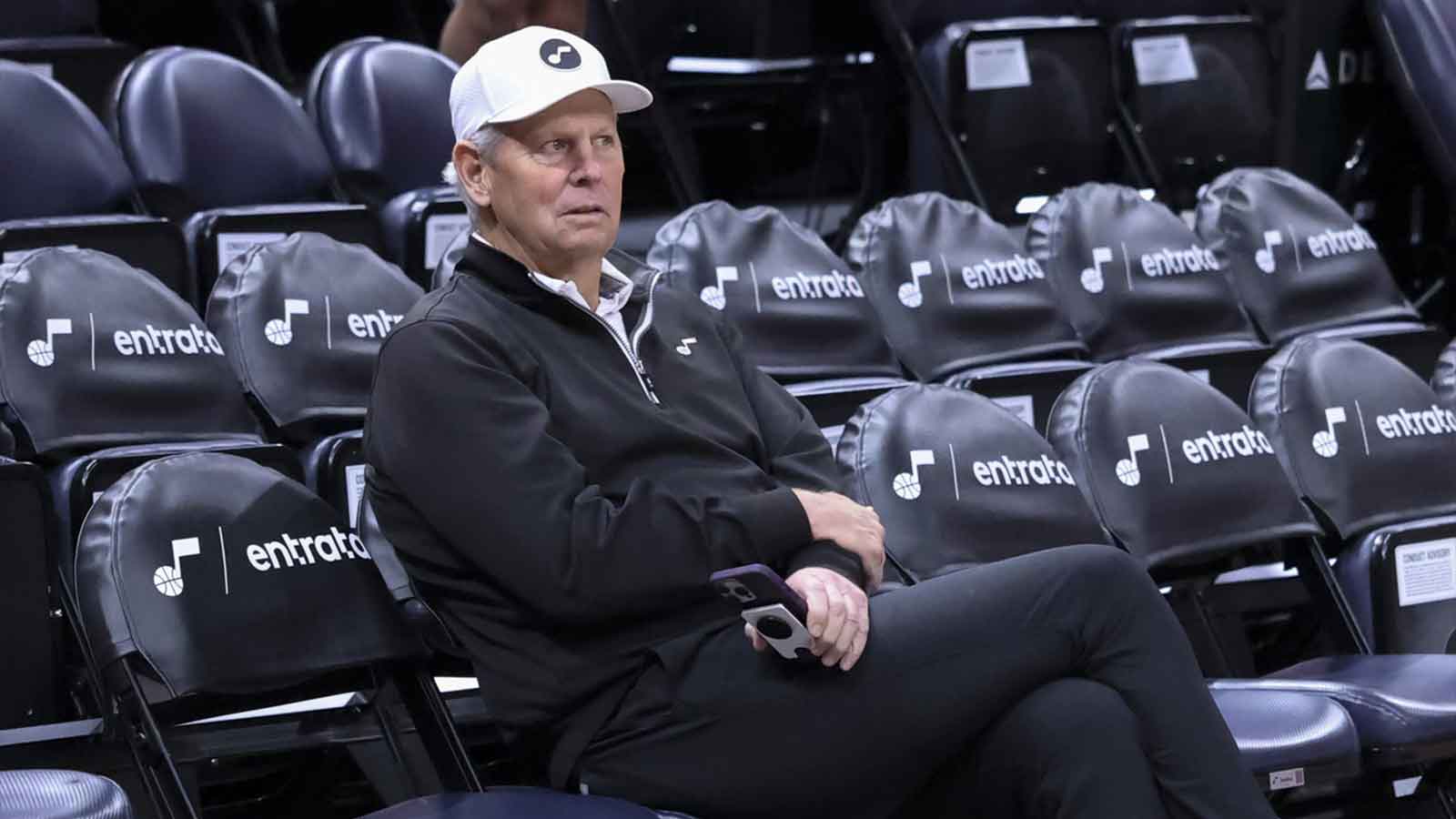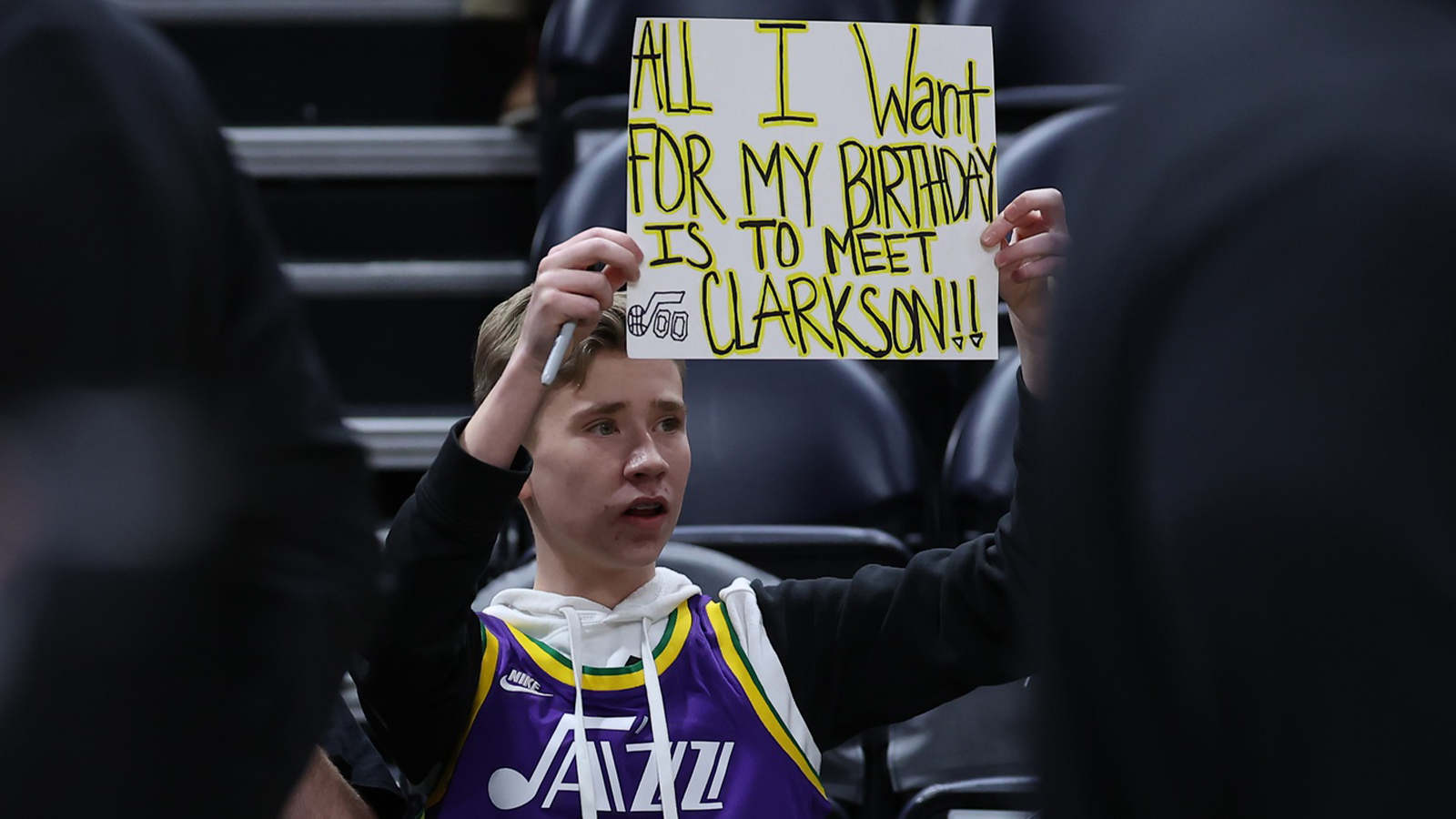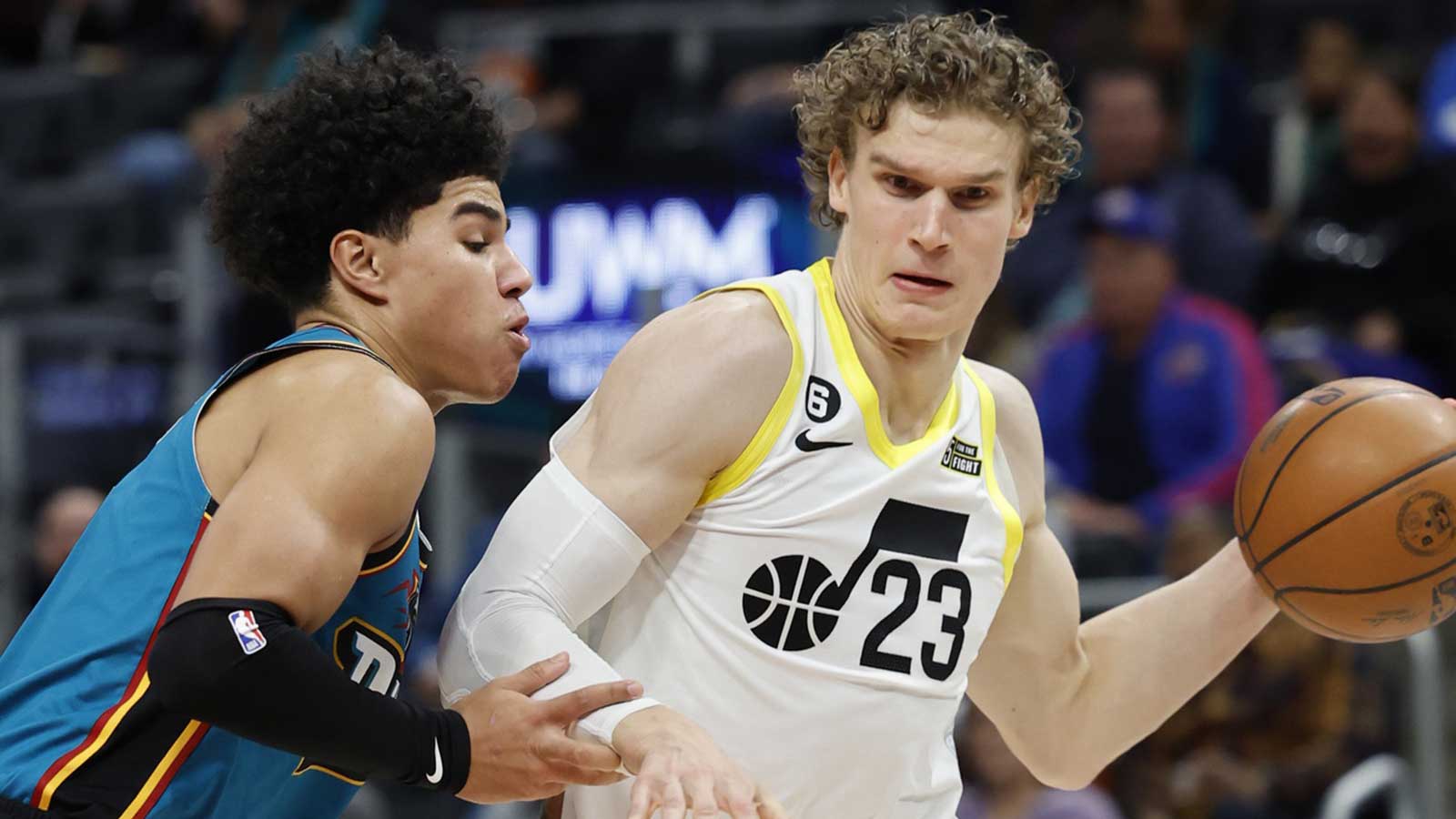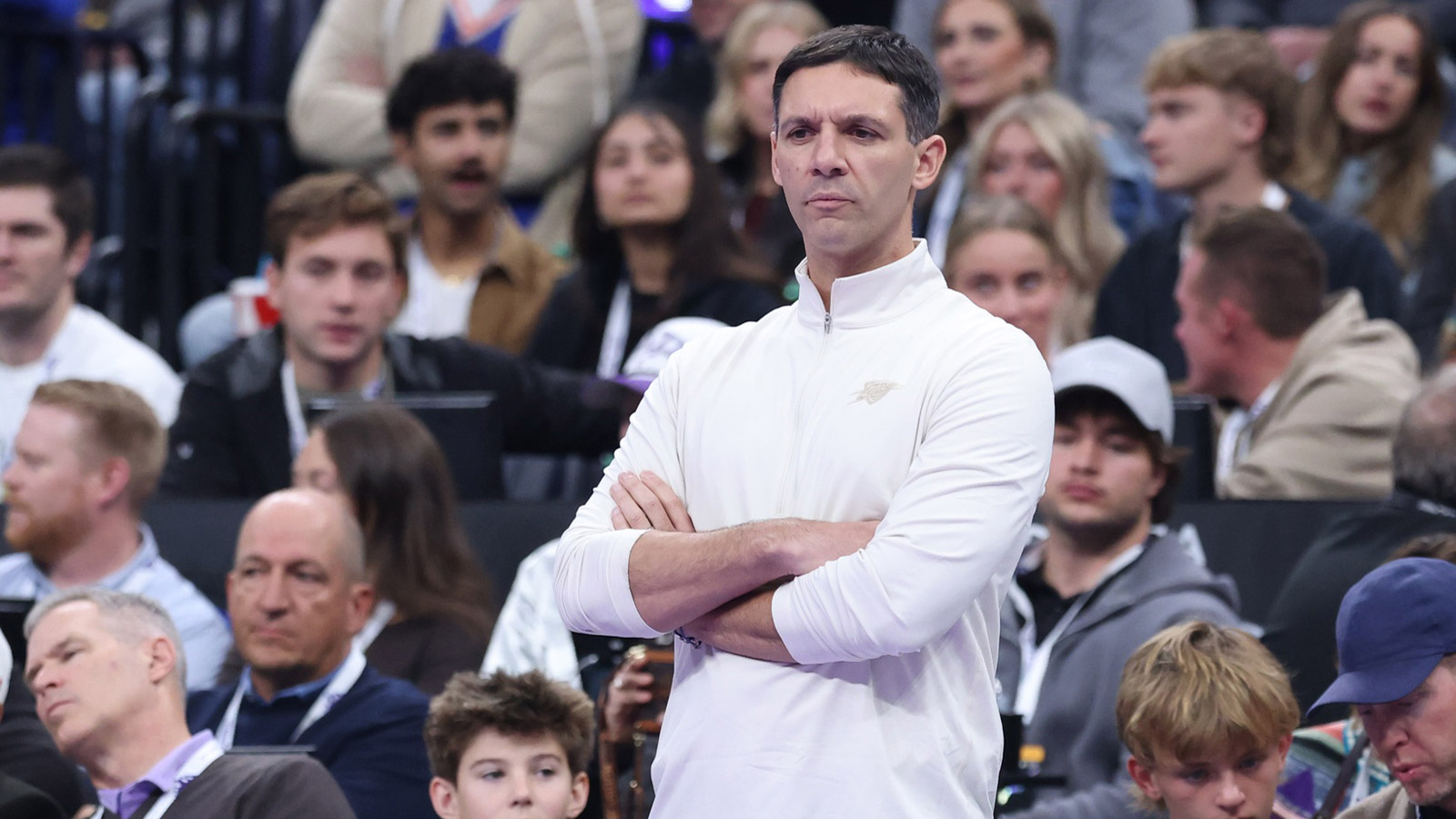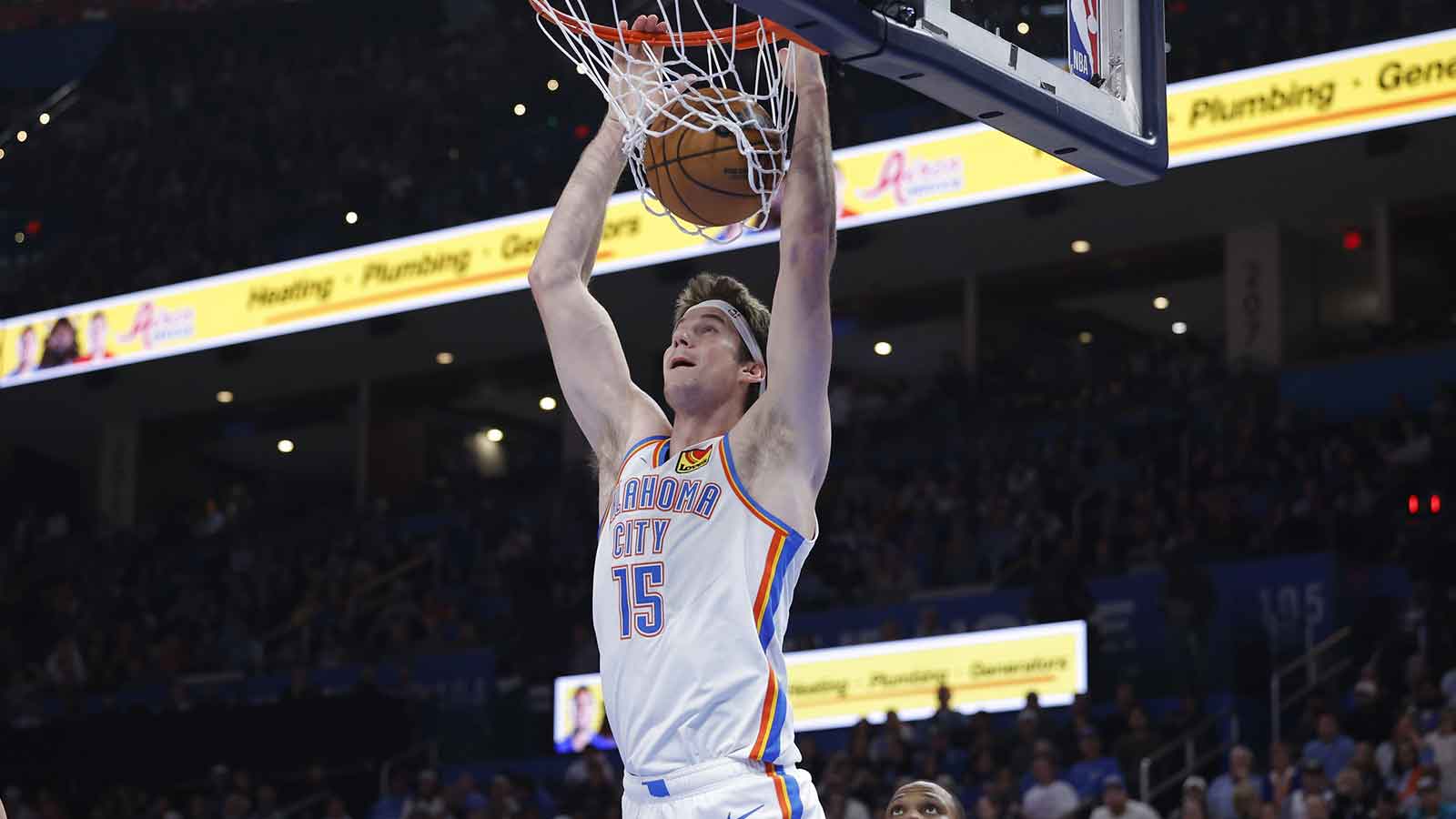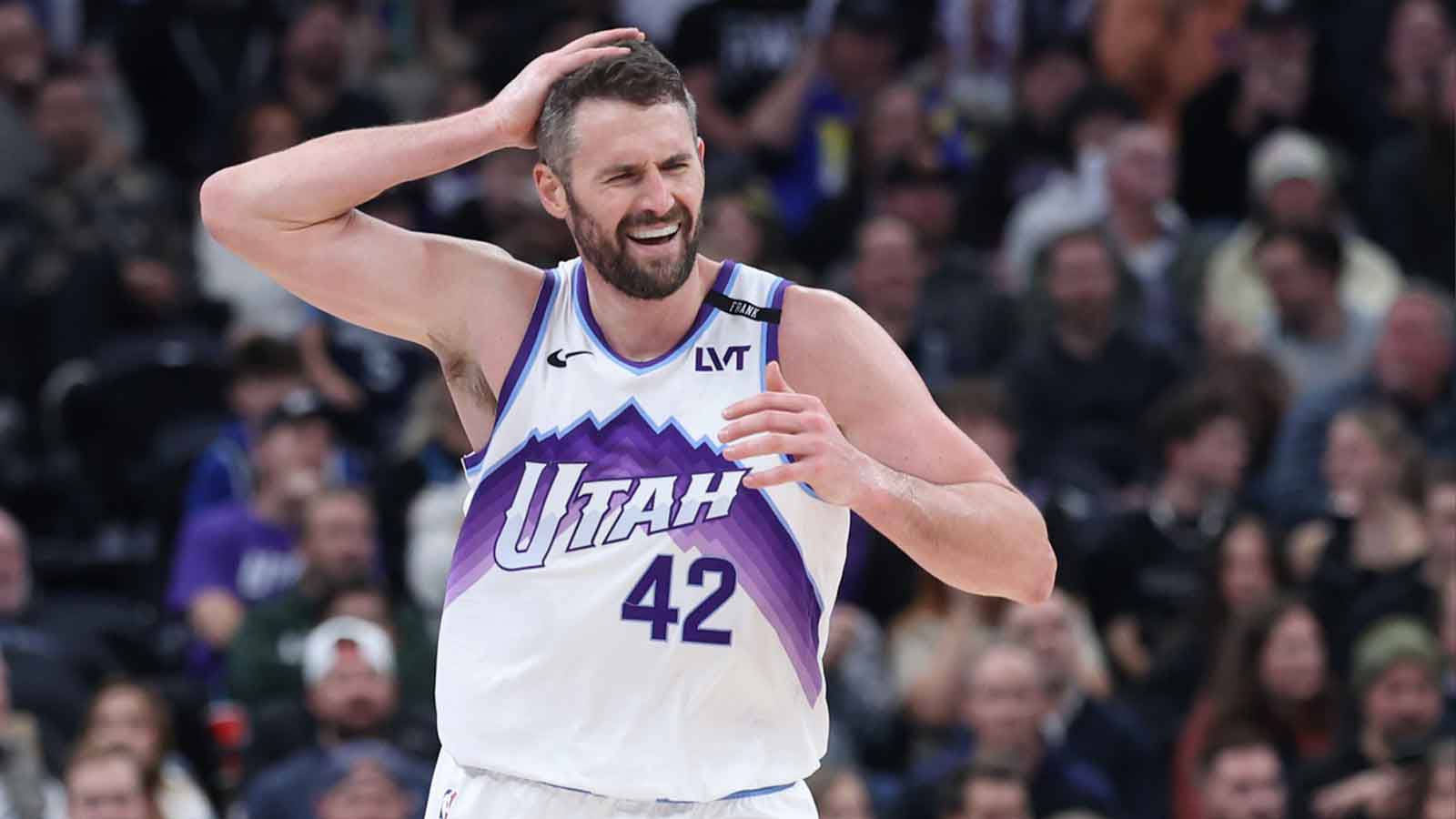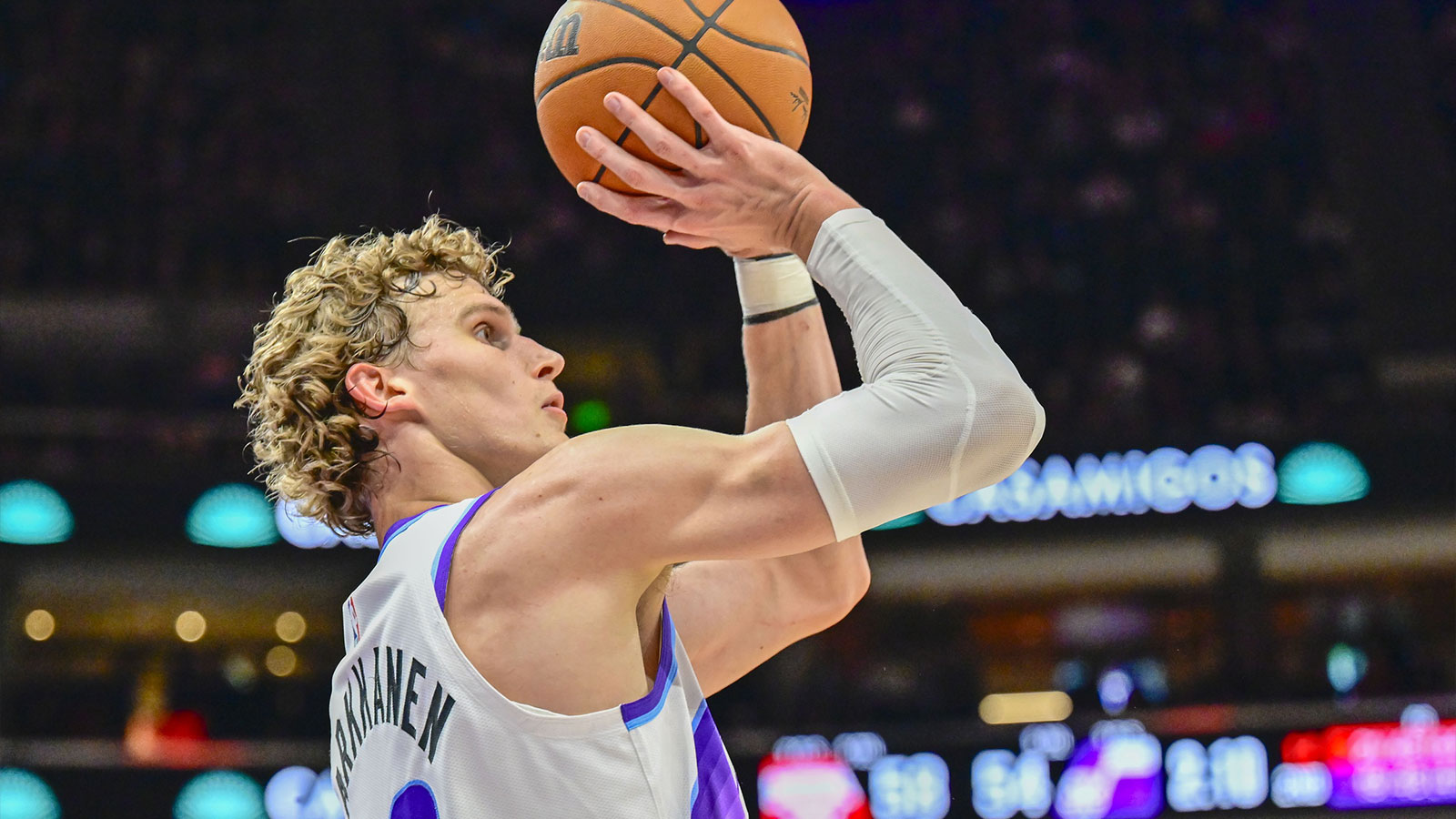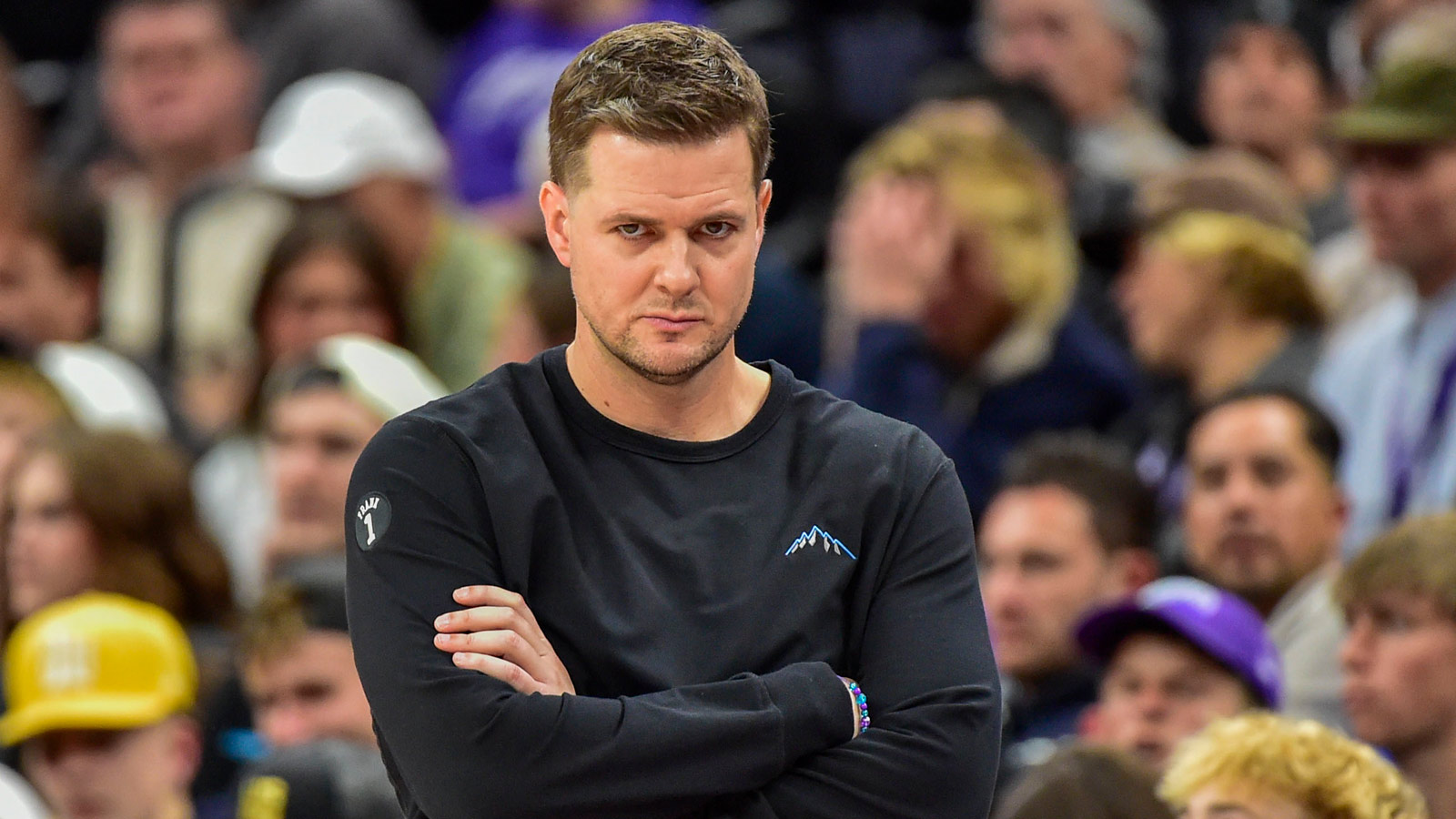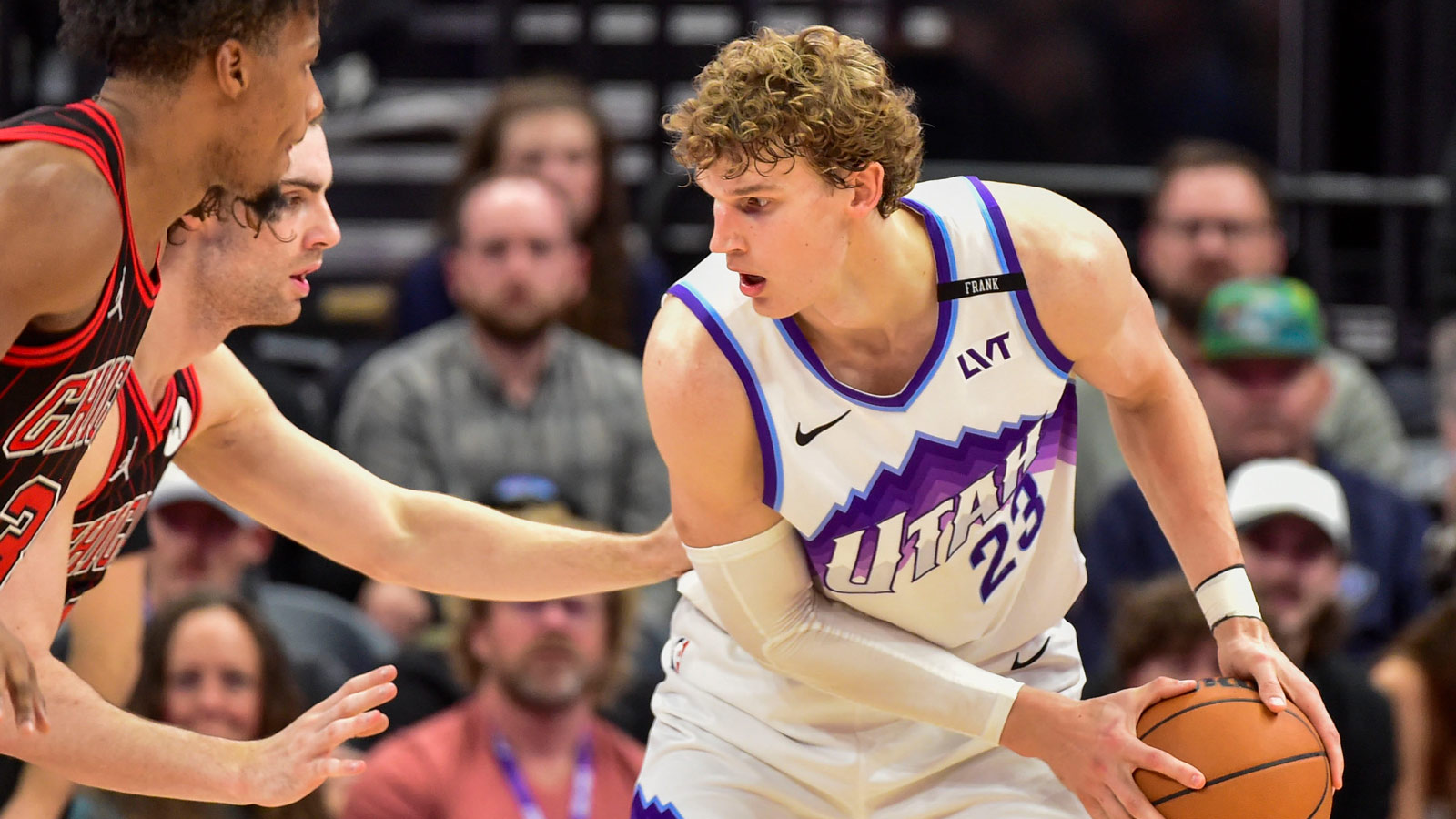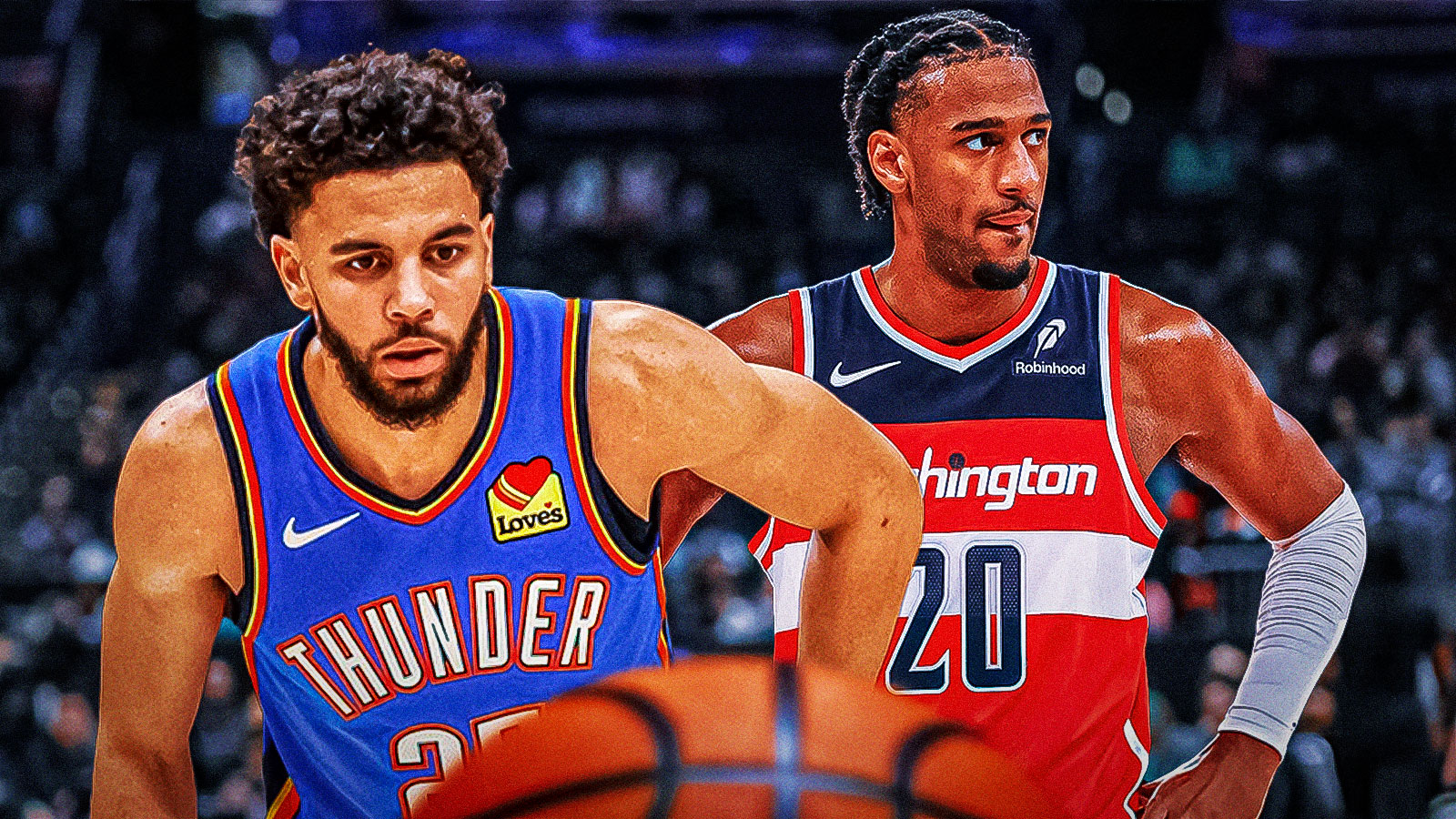The Utah Jazz are a franchise on the rise. With an All-Star already on their roster in Lauri Markkanen and a young core of players who have shown flashes of brilliance around him, such as Keyonte George, Taylor Hendricks, and Walker Kessler, it's clear that things are trending upward for the Jazz, even as they labored through a tough 2023-24 campaign that saw them finish with a 31-51 record and miss the playoffs entirely.
It was a long season for Utah, and while they have a lot of young talent and future assets at their disposal, the 2023-24 campaign did not go their way. So with their season now over, let's take a look at two guys who played a big role in Utah's struggles that plagued them throughout the year.
Jordan Clarkson, Guard
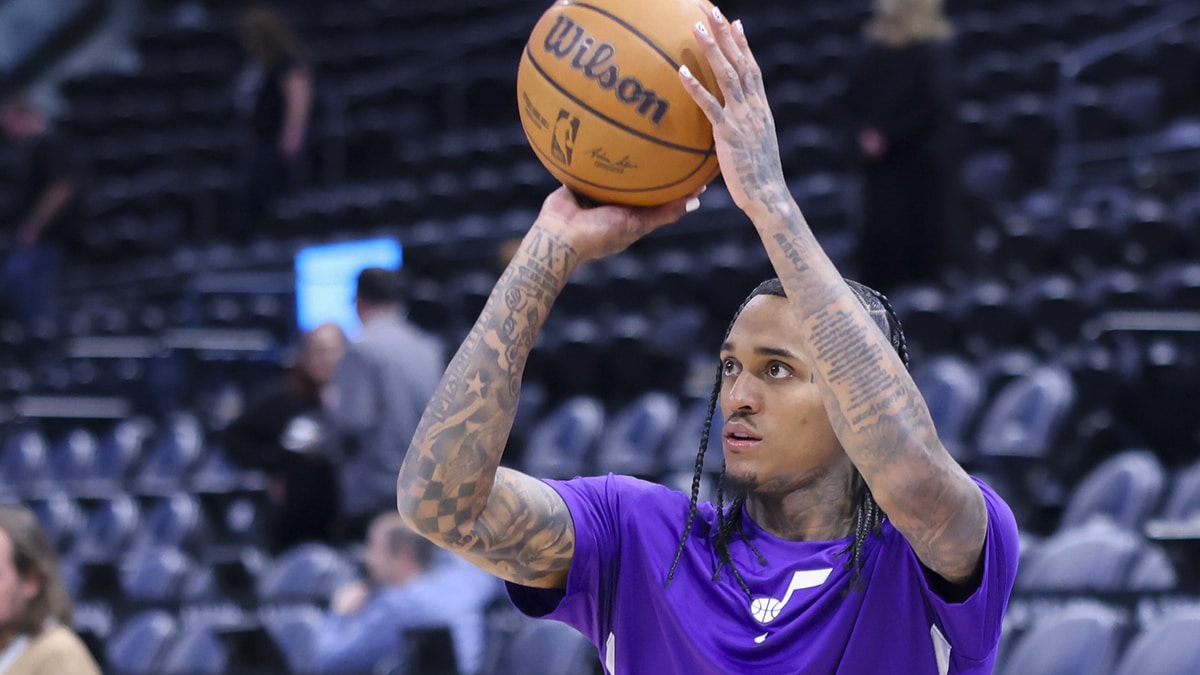
Jordan Clarkson was a big reason why Utah was more competent than expected during the 2022-23 campaign. After spending the majority of his career as a microwave scorer off the bench, he was thrust into the Jazz's starting lineup last year. He was entrusted to not only score, but create for others, and he did just that, as he posted career-highs in points (20.8) and assists (4.4) per game.
This season, however, Clarkson's play took a step back. Perhaps the emergence of Collin Sexton, who did not play very much last year because of injuries, and George played a role in this, but Clarkson's numbers took a steep decline. He went from scoring 20.8 points per game last season to 17.1 this time around. His efficiency tumbled a bit too, as Clarkson went from posting an effective field goal percentage of 51.9 percent to just 46.9 percent, which is well below the league average.
As their most experienced guard and offensive initiator, Utah could not afford a decline in Clarkson's play. He took a step back in a big way this season, which could impact how long he stays with the franchise. Clarkson's two-year, $28 million extension is set to kick in next season, but it's a very movable contract, and plenty of teams could be in the market for a combo guard like him. Considering his play this past season, and the depth the Jazz have in their backcourt, it wouldn't be all that surprising if Clarkson got traded this offseason.
Danny Ainge, CEO of Basketball Operations
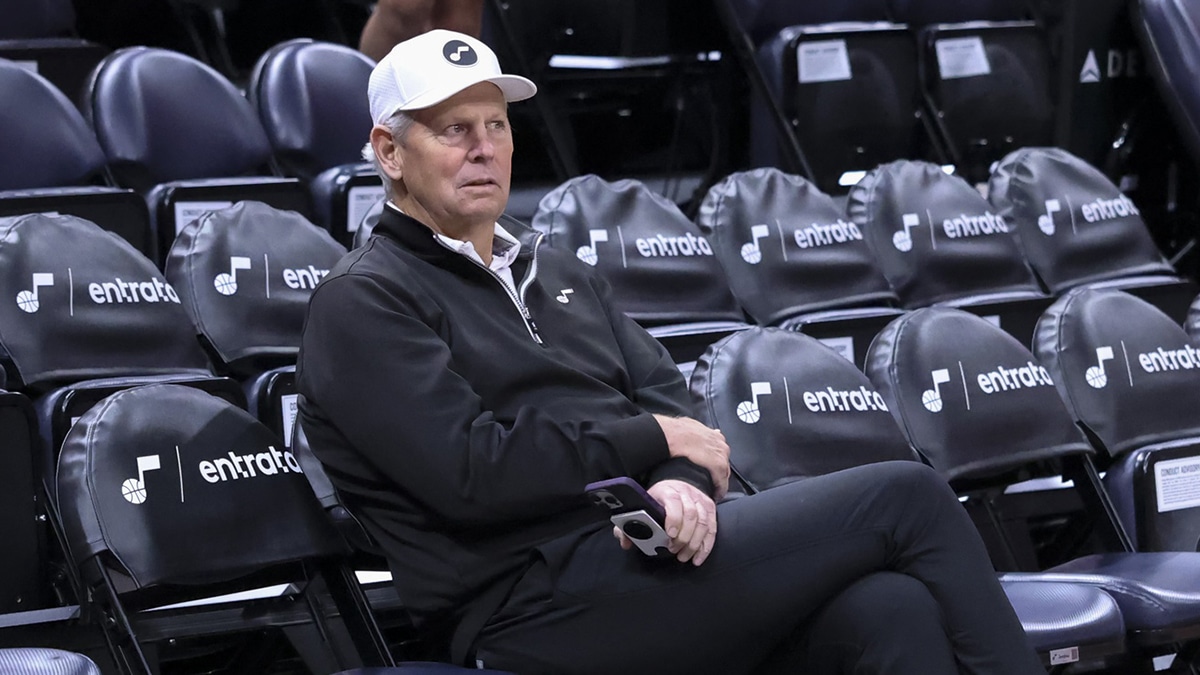
The Jazz could've competed for, at minimum, a spot in the Play-In Tournament if they really wanted to. After February 6th, two days before the trade deadline, Utah was still in the thick of things in the Western Conference standings, as they had a 26-26 record, which was good for tenth in the West.
But, Utah's front office decided it wasn't worth chasing that Play-In spot, and instead, they opted to be sellers at the deadline. From that point on, Utah went 5-25 and ended the season with a 31-51 record. They lost almost the same amount of games in two months as they had roughly three months prior.
Danny Ainge is in charge of Utah's front office, so for that decision regarding this season, he should get the blame. From a macro point of view, it probably was the right move to make. Even if the Jazz were going to win in the Play-In Tournament and make the playoffs, they probably would've lost in the first round anyway. They were able to get another first-round pick from the Toronto Raptors for Kelly Olynyk and Ochai Agbaji and a high second-rounder from the Detroit Pistons for Simone Fontecchio.
The problem is that this is the second year in a row where the Jazz have punted on competing for a Play-In spot. Having their young players compete in high-leverage games is valuable experience, but Utah currently has no interest in that right now from the looks of it.
There is a lot of positivity surrounding this franchise, and Ainge and company have done a great job building towards a new era of Jazz basketball. But even if it was planned for the team to not compete at the end of the year, going 5-25 to conclude a season is embarrassing, and that sort of losing does come at a cost. And unfortunately for Ainge, that's a cost he's going to have to explain.

